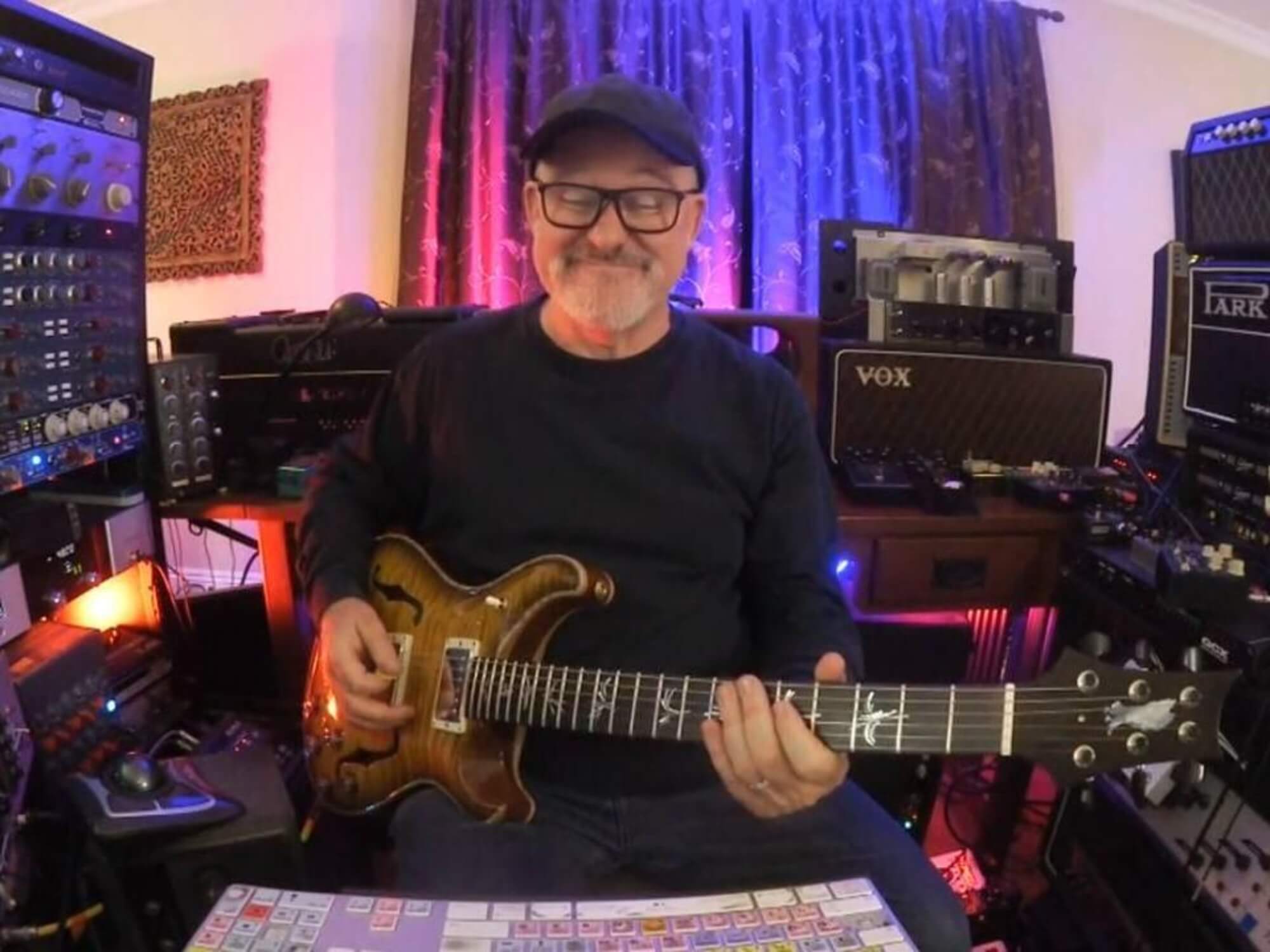Related Tags
“The problem with being a musician in a collaborative situation is that you’ll get your feelings hurt”: Session legend Tim Pierce shares advice for up-and-coming players for hire
“You have to allow your ego to get obliterated when they reject this amazing thing that you just played from the heart, and then you have to be able to bring it back full force when you try the next thing.”

Image: Tim Pierce
With over 30 years of experience under his belt, Tim Pierce reveals how overcoming one’s ego is key to longevity in the session guitar business.
Sharing his advice in a recent chat with Philip Conrad, the guitarist says that [via Killer Guitar Rigs] “The reason people have hired me is because I play from the heart. And when I play a simple part, it sounds like I really want to be there playing it, and then I own it, and that maybe I wrote it, and that I love doing it.”
“You can have a lot of ability on an instrument and be able to play anything, but if you show up and what you’re playing seems beneath you, or too easy for you, that can be a problem,” Pierce adds. “Now, I think in this day and age, more musicians understand this.”
That said, the guitarist warns that getting invested in someone else’s music can come with its own set of challenges and disappointments.
“The problem with being a musician in a collaborative situation is that you will get your feelings hurt,” he says. “So what I always say is that you have to allow your ego to get obliterated when they reject this amazing thing that you just played from the heart, and then you have to be able to bring it back full force when you try the next thing.”
“So you’ll be playing, you’ll try something, and then they’ll go, ‘Nah, we’re not into that. What else you got?’ Your feelings get hurt, and you get mad, and you have to put that away, come up with the next thing, and then own it.”
Adding that rejection is part of the business, Pierce says “that’s really the rollercoaster that some musicians have trouble with in the studio in the creative process. I was always able to do that – I recognised what it was. [There’s] always a point in a session where you become resentful about something – deep breath, put it away.”
He continues: “At a certain point, the actual work situation demands it from you. So if you’re scheduled, you’re working from noon to 9 pm, you’re on the fourth song, and you’re going, ‘This is not a song I even like, but I have to come up with something good for it and really deliver my best.’”
“You have no choice. You’re booked, you’re getting paid, you�’re scheduled, so you can’t walk away. It’s like not having a back door and not having an exit door.”
“That’s part of the discipline of it,” Pierce concludes. “No matter what the situation, making sure that you stay positive and you do your best, because you don’t want to drive home feeling like you could have done better and that you should have been nicer, and you should have tried harder.”
